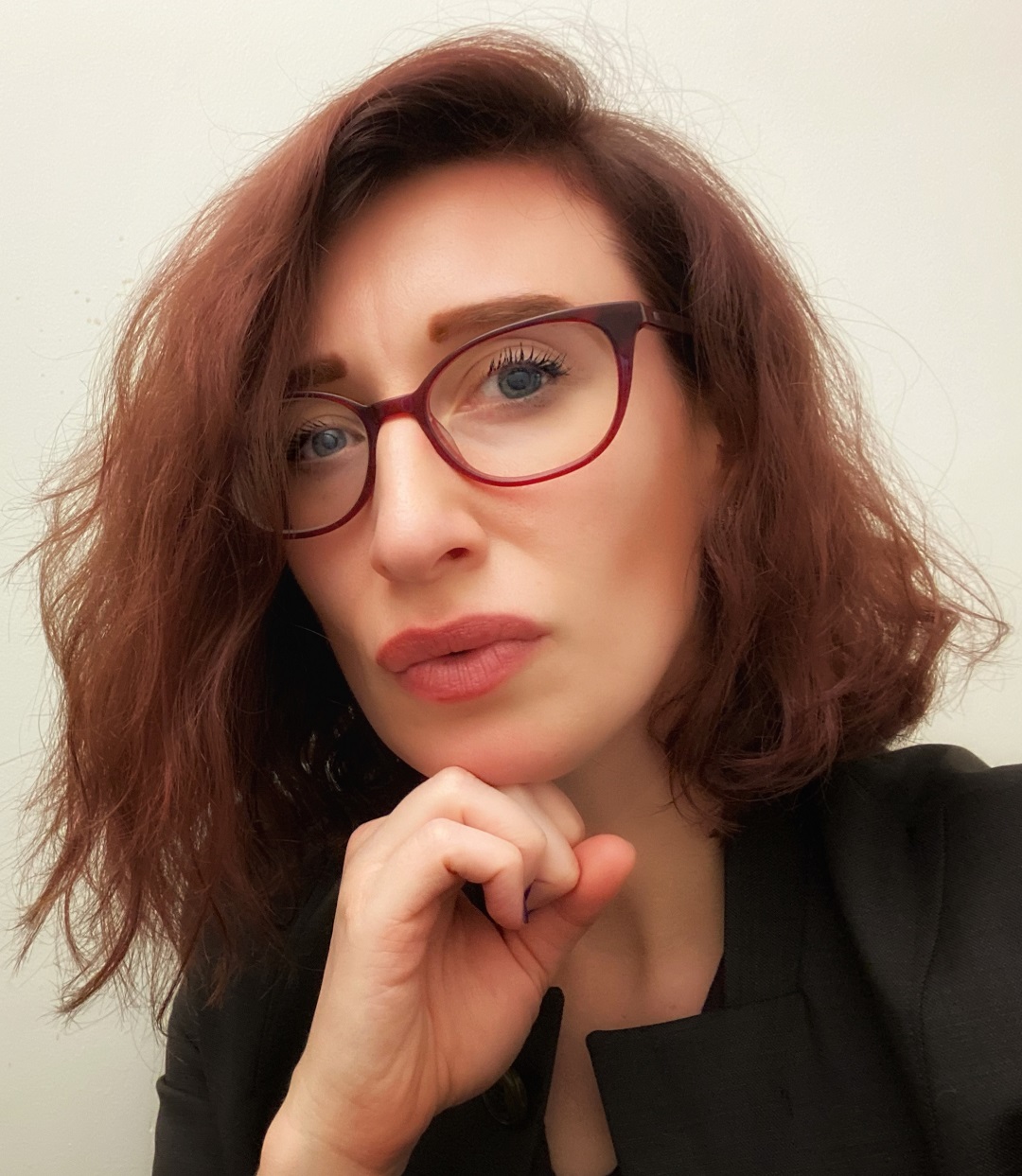This doctoral research began with my observations across a number of years as a litigator in the United States, particularly through working on troubled or thwarted corporate accountability cases. The project has grown from an idea about examining the “cracks, silent shocks, [and] malfunctionings” (per Michel Foucault) in modern systems of litigation that allowed corporations to “get away” with harmful deception to a project interested in asking foundational and structural questions about how corporations developed their speech or expression powers in the first instance, and the “moves” corporations have made in the Canada and in the United States to embed and expand those powers over time.
Prior to starting my graduate studies, I spent over a dozen years in high-impact government and NGO litigation and leadership roles, managing teams and leading cases focused on racial, economic, housing, education, health, and climate justice. I served as a Trial Attorney and as Policy and Strategy Counsel in the Civil Rights Division of the United States Department of Justice; as a Deputy Legal Director and leader of the Children’s Rights Practice Group of the Southern Poverty Law Center; and as Supervising Deputy City Attorney for the Affirmative Litigation, Innovation, and Enforcement Division of the Oakland City Attorney’s Office. I also worked in public policy, and have spoken and published individually and collaboratively on a range of policy topics, as well as on my experiences as a disabled cancer survivor.
Research
As this dissertation mixes methods, methodologies, theories, and approaches, there are two distinct answers to what its structure, form, and purpose will be, although both answers describe the same project. One way to think about the project is as a fairly traditional combination of legal history and doctrinal analysis. It will look back at the origins of corporate speech and expression, and then move forward linearly in time to assess how those powers have been expanded and defended by transnational corporations, primarily in the litigation ecosystems of the United States and Canada. The second way to look at it is as a less traditional work of critical redescription (c.f. Sundhya Pahuja, Anne Orford), one that is interested in the “magic” tricks (c.f. M. NourbeSe Philip) corporations perform through the language of law, and as a form of biography of the “deceptive corporate speaker” or “expresser,” one that is structurally and methodologically informed by the practice of writing legal- and legal-adjacent biographies of concepts and things (c.f. Mayo Moran, Philip Stern, Anthony Lewis, Marina Welker, Nan Enstad, and so on). Both answers are true, and they exist coextensively to describe the same work.
As a practical matter, the dissertation will first examine up to three historical moments: the birth of the corporate person; the birth of the corporate speaker or expresser; and the birth of the deceptive corporate speaker or expresser, focusing on the role of the corporation itself in those events. Second, it will move forward in time to examine how the (assumed) descendent(s) of this original deceptive corporate speaker or expresser have gathered and expanded their speech or expression powers, including their power to protect forms of speech or expression that, according to their challengers, cause or contribute to significant societal harm (e.g., the climate crisis, the opioid epidemic, and so on). To do so, the project will focus on several comparative case studies or “telling instances” (c.f. Pahuja) of transnational corporations whose speech and expression have been challenged as deceptive in courts in both the United States and Canada, using doctrinal and qualitative empirical tools alongside discourse and thematic analyses.
